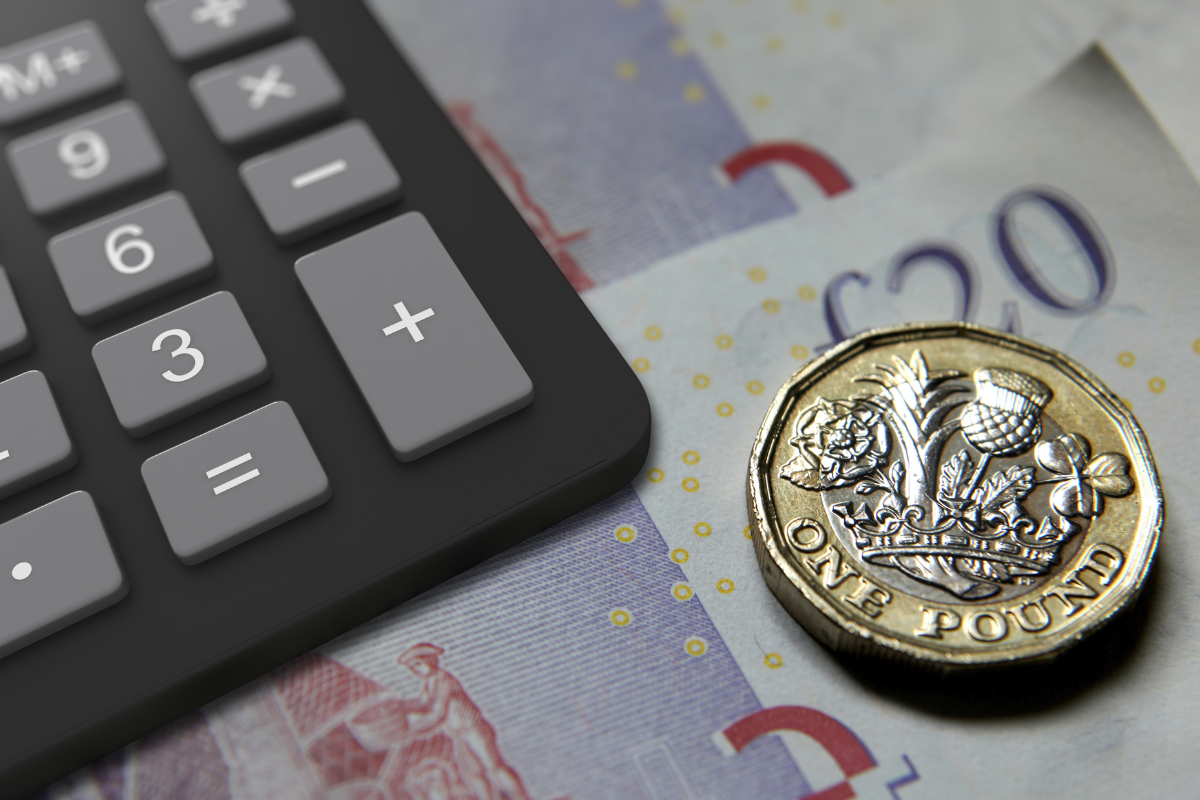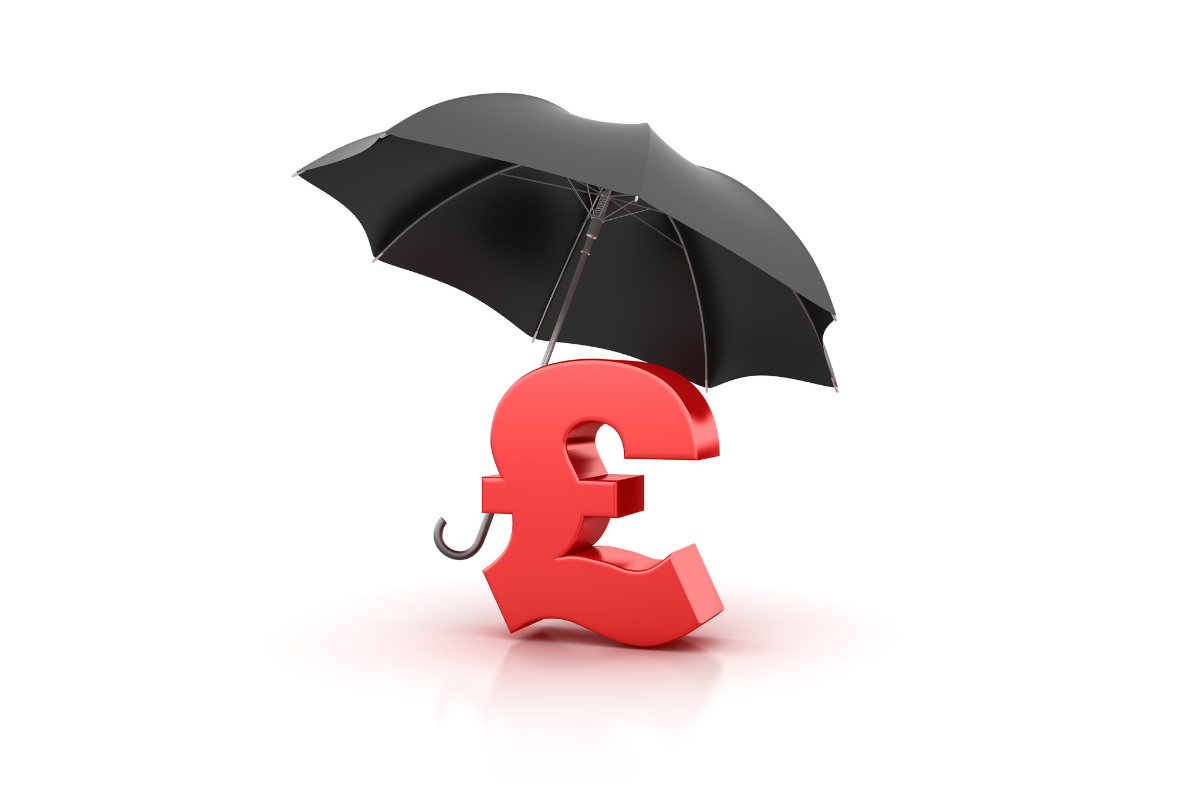What is Anti-Money Laundering?
Time to read: 2 minutes
What is Anti-Money Laundering?
Anti-Money Laundering (AML) is a regulation to deter criminals from obtaining illegal funds and redistributing it as a legitimate source of money. An example of money laundering is when a property is bought with illegal money, sold at a higher price, and the profits have entered the criminal’s bank account.
The objective of AML checks are to discourage and prevent these type of illegal actions from happening.
AML check
To protect a company, there are checks that can be done and are a requirement by law to complete. This is so a company can be protected from directly or indirectly being caught in criminal activity.
If a business fails to undertake this check, they are more likely to obtain a fine as well as detrimental consequences, for the business and its owner.
The general purpose of the check is to verify a person’s authenticity and ensuring there will be no risk doing business with them.
The information required for an AML check is the following:
- Full name
- Date of birth
- Photo of the individual from an official document e.g. a driving licence or passport
- Official documents such as a HMRC letter or utility bill with a person’s current residential address
- A further check may be required such as the details of the individual’s business, employment, and the source and/or origin of funds going through the business.
If you have any questions regarding anti money laundering and the checks required to be completed, please do not hesitate to contact us.
At your service!












